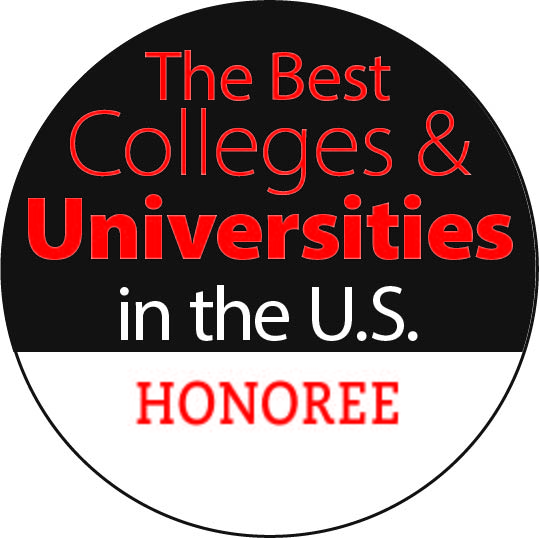Exactly what sort of safe sex should be taught to our young students is always a topic of debate. As we recently saw in Texas, abstinence-only programs don’t seem to work and can even lead to higher rates of sexually transmitted diseases. Telling kids too much about how to have sex bothers many parents, educators and lawmakers, though. It seems that the jury is still out on the best way to empower students with sex-ed knowledge. One topic that is never debated, or even discussed, as it relates to sex education is fertility itself and that needs to change, according to some experts.
In a story that ran in The Guardian, reproductive specialist Dr. Geeta Nargund says that schools are spending so much time trying to prevent pregnancy that young people are missing out on important knowledge about their own fertility. In her own practice Nargund counsels many women who did not have the facts about their own ability to conceive children until it was too late for it to happen naturally.
That, argues Nargund, is grounded in the misconception that women who wait to have children until they are financially and emotionally ready can do so later in life. The real science is much starker and fertility drops dramatically after women hit their 30s, and continues to fall with each passing year.
I think Nargund has a valid point. If we want students to have all the facts about sex, then let’s not just present one side of the story. Women who want to wait to have children should certainly be able to make that choice but should have all of the information in front of them.
What’s your stance on sex education as it relates to fertility?


